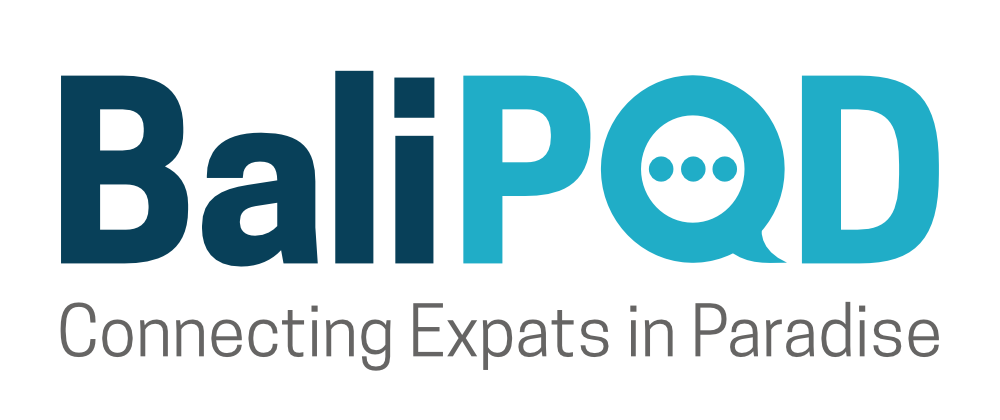In a significant move to enhance tourism and public accessibility, President Prabowo Subianto has initiated efforts to reduce airline ticket prices across Indonesia.
This initiative aims to make air travel more affordable for the general public, boosting domestic tourism and stimulating economic growth.
Abdul Hadi from Commission V of the Prosperous Justice Party expressed his support for the president’s directive.
“The Increase in plane ticket prices has had a significant impact on the regional economy, especially in NTB, which relies on tourism as its main source of income. With more affordable plane tickets, people will be more encouraged to travel”, He said on Sunday (03/11/24), as reported by Harian Nusa.
Government’s Strategic Response: The Role of PMO
To carry out this policy, Minister of State-Owned Enterprises Erick Thohir has set up a dedicated Project Management Office (PMO) focused on developing comprehensive solutions to reduce airfare costs.
This collaborative initiative involves close coordination with the Ministry of Transportation and the Ministry of Tourism, ensuring a well-rounded approach to addressing high airline ticket prices.
“We will form a joint team to provide a solution. Previously, we talked about the task force or, in my version, the PMO, the goal was the same, to align all policies to become a unified decision that could provide a solution, including the one about plane ticket prices.” Said Erick after a meeting with the Ministry of Tourism Widyanti Putri Wardhana, as reported by Antara News.
Key Drivers of High Airline Ticket Prices in Indonesia
Aviation Fuel Costs: Aviation fuel (avtur) costs are around 28% higher in Indonesia compared to other ASEAN countries due to limited competition among fuel suppliers.
Operational Expenses: Beyond fuel, airlines face significant challenges, particularly for aircraft maintenance and spare parts, which are often imported and subject to taxes and import duties.
Taxation and Regulatory Factors: The aviation industry faces multiple taxes, including those on fuel and passenger tickets, further increasing costs.
Market Structure and Competition: Indonesia’s airline industry is largely oligopolistic, with a few major groups dominating over 95% of the market share which reduces competitive pricing
Investigations have also uncovered instances of price-fixing among airlines, exacerbating the issue. Addressing these challenges requires policy reforms such as increasing competition in fuel supply, adjusting tax structures, and enforcing fair competition practices to create a more balanced pricing environment for travelers.
The PMO movement, led by Erick Tohir, also shed some light on their strategies to reduce domestic airline tickets, those strategies include
Lowering the Cost Per Block Hour (CBH) through optimized fuel and maintenance management.
Proposing tax and import duty exemptions on aviation parts.
Reducing VAT on tickets by up to 11% to address high aviation fuel costs.
A More Accessible and Competitive Airline Market
The PMO’s initiatives to reduce airline ticket prices could significantly transform Indonesia’s travel and tourism landscape. If successful, these reforms will not only make air travel more accessible but also stimulate economic growth, particularly in tourism-dependent regions.
Increased competition in the aviation market and streamlined operational costs could lead to sustained affordability in airfares. Additionally, ongoing policy adjustments and tax reforms, such as VAT reductions, promise long-term benefits for both consumers and airlines.
By fostering an efficient, competitive aviation sector, Indonesia stands to strengthen its position as a premier travel destination in Southeast Asia.
Sources: antaranews.com, cnbcindonesia.com, harianusa.com
Image: Istock Photo
The post Indonesia Moves to Cut Airline Ticket Prices Nation Wide appeared first on Expat Indonesia.


